- AAPP urges urgent international action as junta crimes against humanity escalate
- Photo News: Maha Ramayana Harinama Rama Festival marks 75th anniversary in Maungdaw
- ULA seeks to strengthen public healthcare services in Arakan State
- Junta expands naval presence along Arakan coast to regain lost territory
- Nearly 70 civilians and POW family members killed or injured by junta attacks in Arakan State in one month
Junta pushing Sittwe IDPs to leave displacement camps
Myanmar’s military regime is forcing internally displaced people (IDPs) from more than 20 displacement camps in Sittwe town to return to their homes.
03 Jan 2023
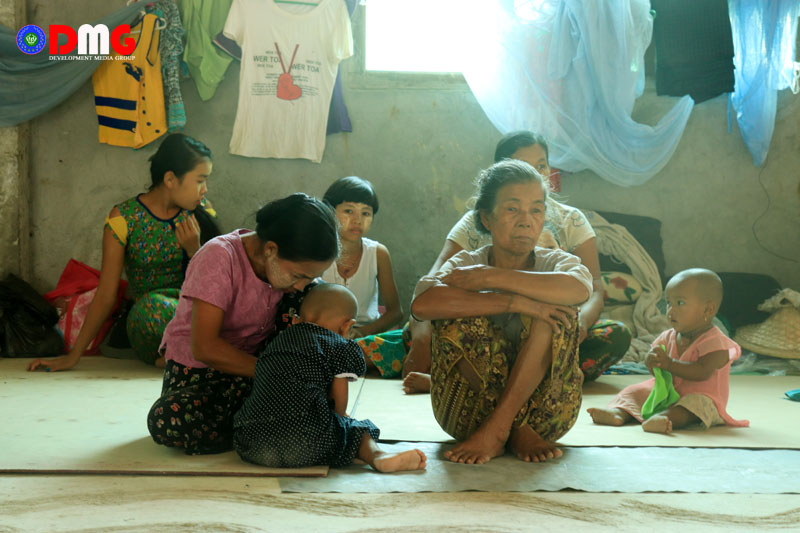
DMG Newsroom
3 January 2023, Sittwe
Myanmar’s military regime is forcing internally displaced people (IDPs) from more than 20 displacement camps in Sittwe town to return to their homes.
The Sittwe Township administrator summoned camp managers to a meeting on December 27, during which he ordered that IDPs return to their homes, said a camp manager who asked for anonymity.
“They said they will provide IDPs with K600,000 and two sacks of rice [per household] if they return to their homes,” he told DMG.
“I don’t think they would really give that money,” he added. “We can’t return even if they really give that money, because junta troops are stationed in our village.”
Some IDPs signed up to move to places arranged by the military regime, said a resident of Rathedaung Township’s Yay Soe Chaung Village who is taking shelter at a camp in Sittwe.
“We can’t return to our village because Myanmar soldiers are still stationed there. And they have not yet cleared explosive remnants of war. And it is not OK to find a new place by ourselves. So, we signed a letter that we agree to move to a place arranged by them,” she said.
Many IDPs from northern Arakan State and Chin State’s Paletwa Township have been taking shelter at the 20-plus IDP camps in Sittwe town since 2019.
The regime took displaced people back to Abaungthar Village in Paletwa Township on December 26, and the returnees have since reported having livelihood difficulties.
Despite an informal ceasefire since late November, the regime has continued to restrict the operations of local and international nongovernmental organisations and civil society groups providing humanitarian aid to displaced people.




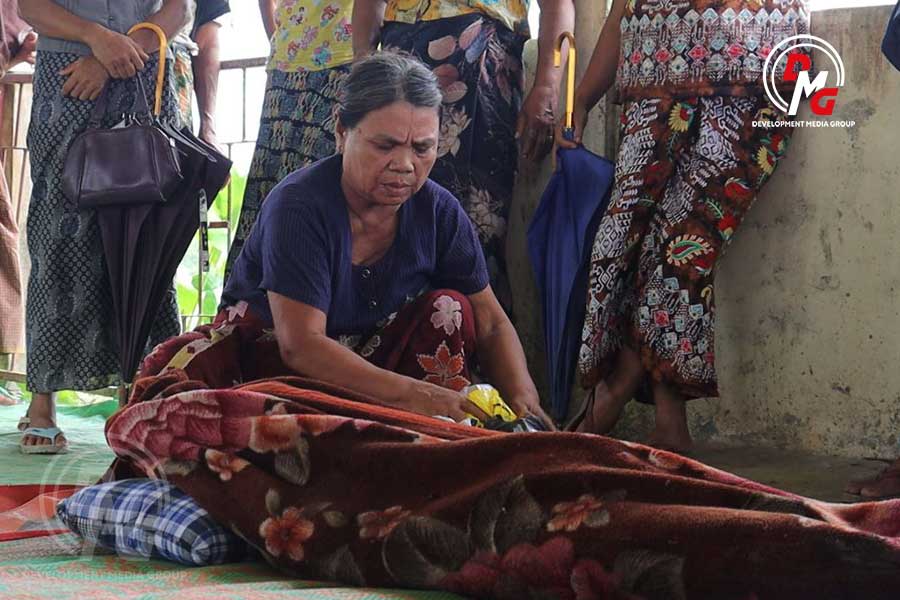
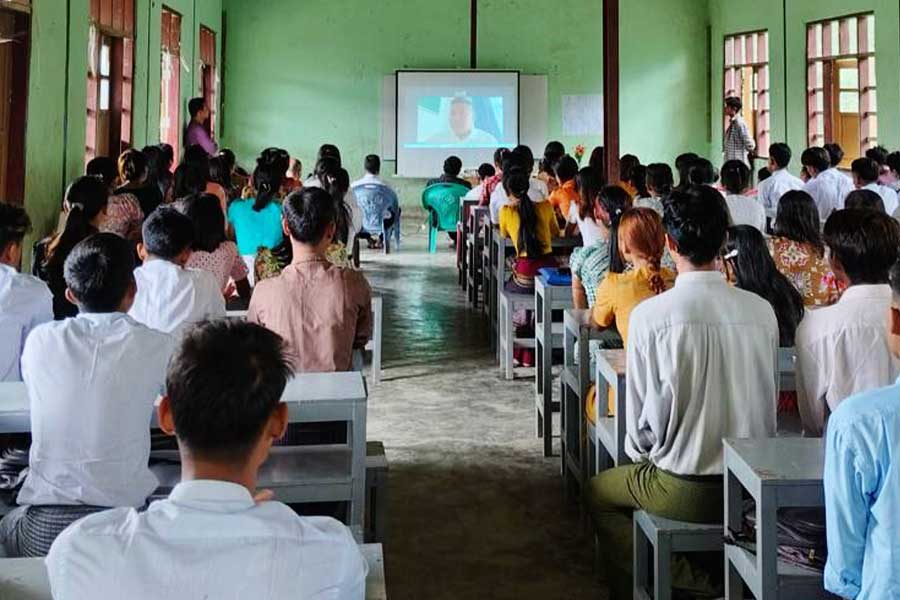
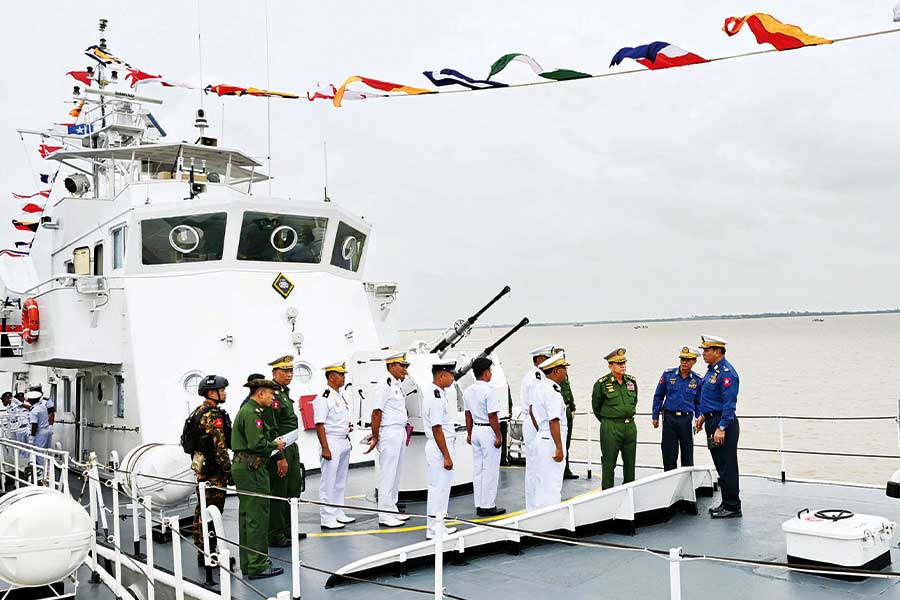

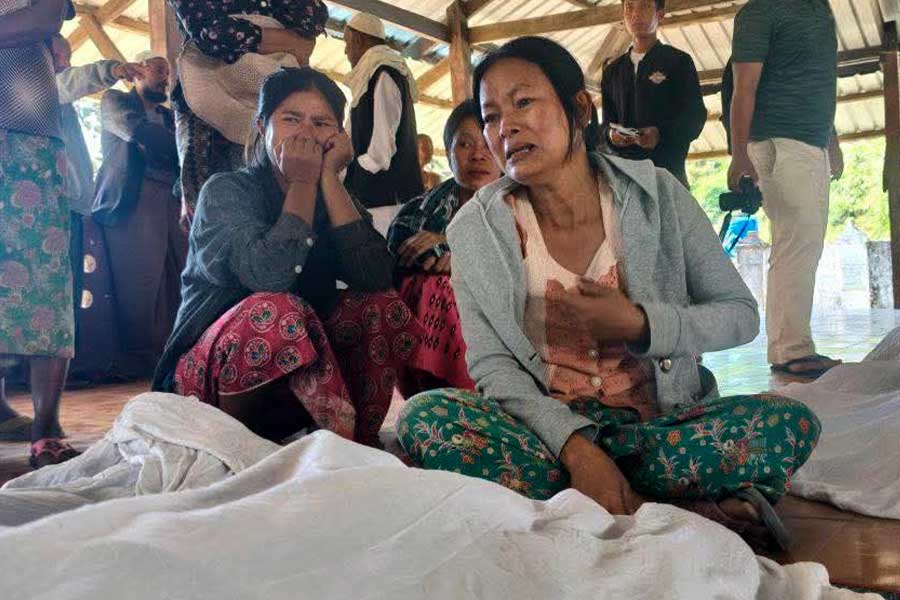






.jpg)

